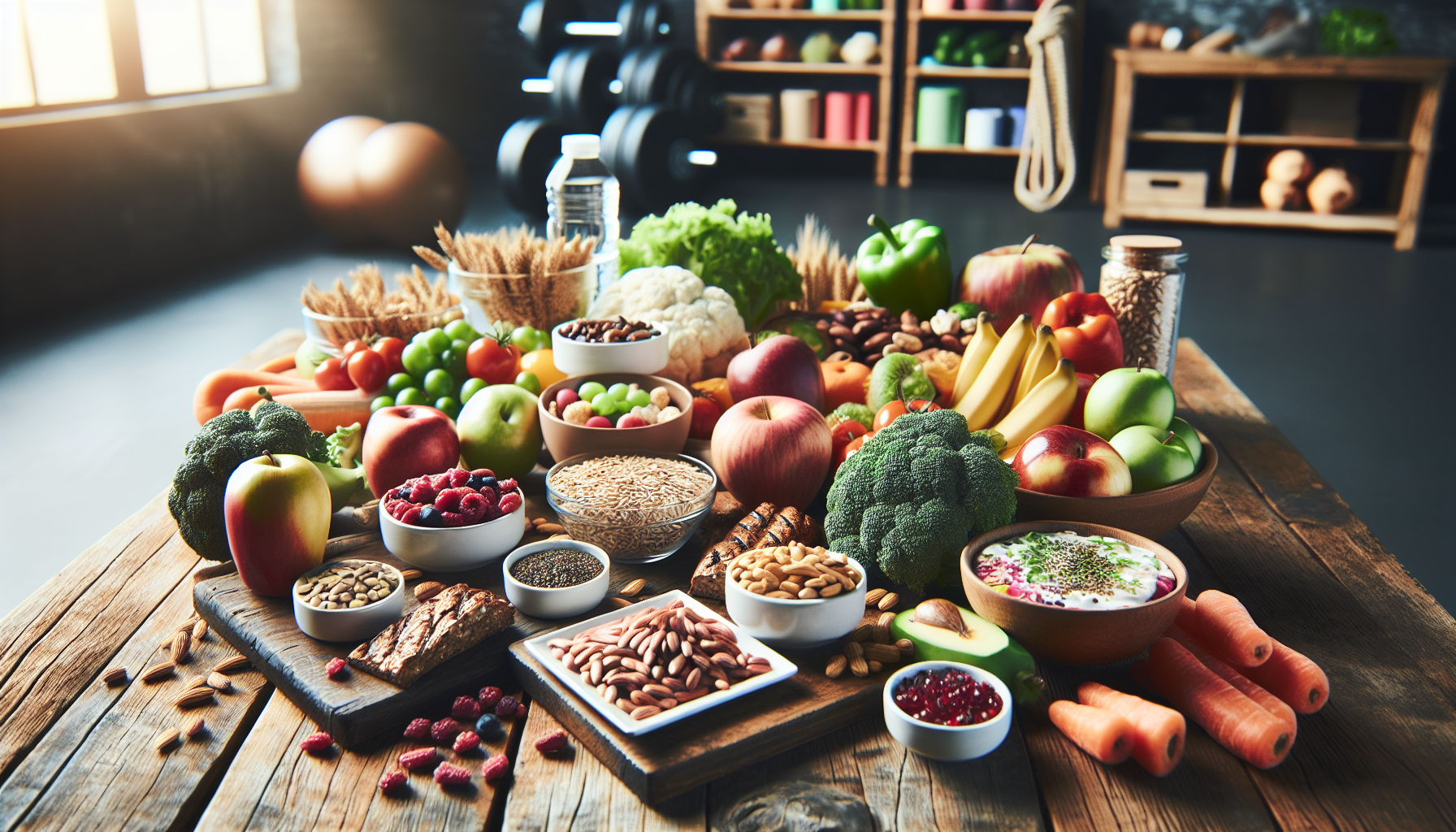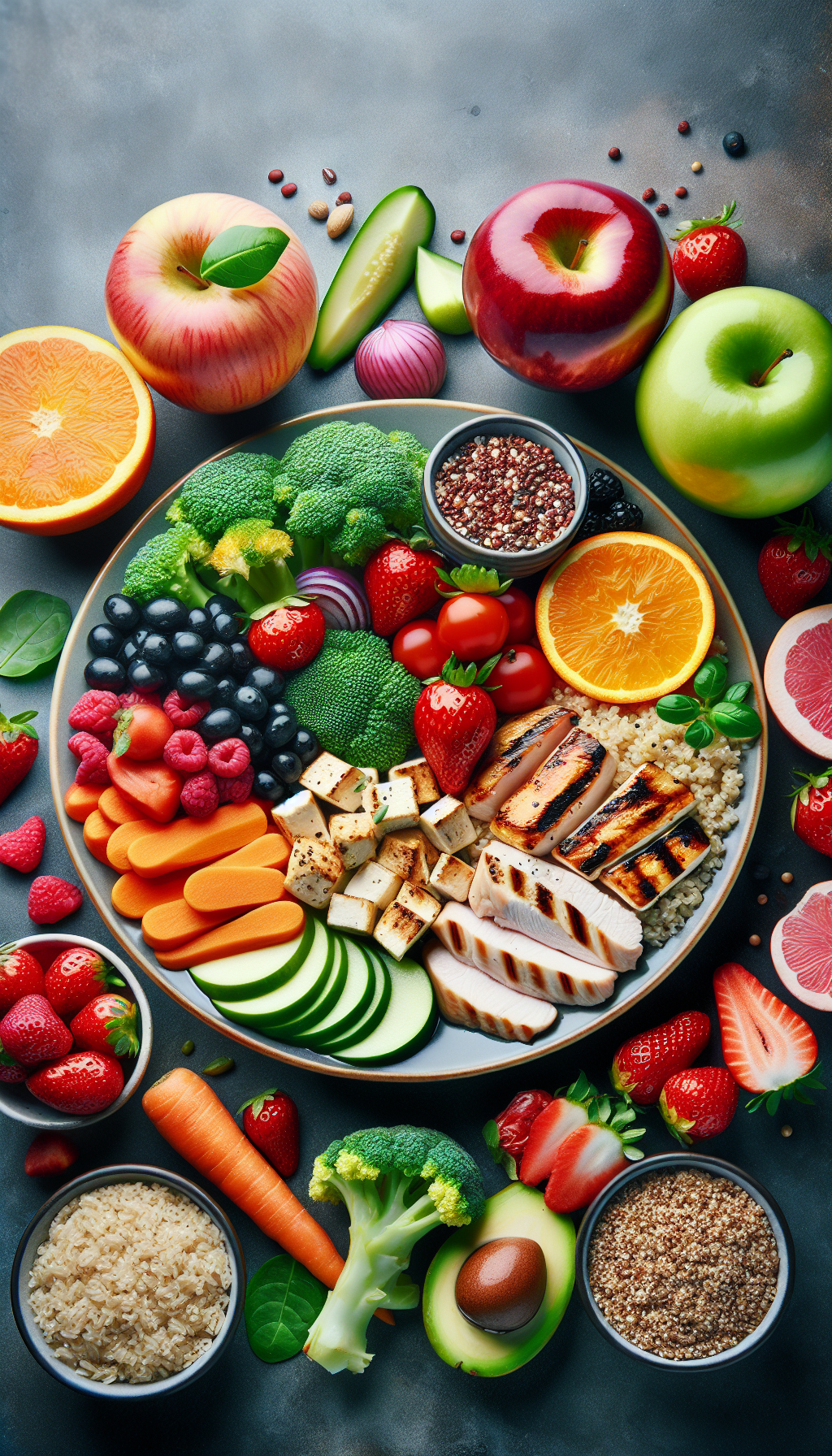Proper nutrition is the cornerstone of a successful fitness regimen. While much emphasis is placed on what to consume before and during exercise, post-workout nutrition is just as critical. This facet of dietary planning helps in replenishing energy stores, repairing muscle tissues, and building strength. In essence, what you eat after a workout can significantly influence your recovery time and fitness gains. This comprehensive guide will delve into the best foods to consume post-exercise and how they contribute to your overall recovery and health.
The Importance of Post-Workout Nutrition
After a strenuous workout, your body is in a state of repair. It requires the right nutrients to kickstart the recovery process. The goals of post-workout nutrition are primarily to:
- Replenish Glycogen: Your body uses glycogen stores for fuel during exercise, and eating carbohydrates after your workout helps replenish them.
- Reduce Protein Breakdown: Protein consumption post-workout aids in repairing muscle damage incurred during exercise.
- Increase Protein Synthesis: Consuming protein after a workout also helps in building new muscle tissue.
For those interested in broader health benefits beyond muscle recovery, exploring the impact of exercise on Cardiovascular Health can provide deeper insight into how fitness and diet interact to support heart health.
Optimal Foods for Recovery
The following food groups are essential for an effective recovery:
Carbohydrates
Carbohydrates are vital for replenishing the glycogen stores that your muscles deplete during exercise. Whole grain bread, quinoa, fruits (especially bananas and berries), and starchy vegetables like sweet potatoes are excellent sources of complex carbohydrates. These not only refill glycogen but also provide essential fiber and nutrients that contribute to overall health.
Protein
Proteins are the building blocks of muscle repair and growth. After working out, consuming high-quality protein helps repair muscle tissue and foster muscle hypertrophy. Lean meats, eggs, Greek yogurt, and plant-based sources like lentils and chickpeas are superb options for post-workout protein.
Fats
While fat might slow down the absorption of your post-workout meal, it will not reduce its benefits. In fact, a moderate amount of fat can be beneficial. Avocados, nuts, and seeds add healthy fats to your diet, which are essential for joint health and hormone production.
Fluids
Hydration is an often overlooked aspect of post-workout recovery. Rehydrating with water or an electrolyte drink is crucial to replenish fluids lost through sweat.
For comprehensive guides on specific workouts and recovery techniques, consider reading about the Science of Bodyweight Training Effectiveness, Weight Lifting Techniques for Maximum Muscle Gain, and Essential Recovery Techniques for Endurance Athletes.
The Timing of Your Post-Workout Meal
The timing of your post-workout meal can affect your recovery. The anabolic window, often referred to as the window of opportunity, is a period after your workout when your body is particularly primed to absorb nutrients and shuttle them to your muscles. It is generally recommended to eat within 45 minutes to an hour after your workout to maximize the recovery benefits.
Creating a Balanced Post-Exercise Meal
A balanced post-exercise meal should contain a mix of carbohydrates, protein, and fats. A simple example could be a grilled chicken breast (protein), a sweet potato (carbs), and a side of avocado (fats). Alternatively, a protein-rich smoothie with fruits, leafy greens, and a tablespoon of nut butter can serve as a quick and convenient recovery meal.
Supplements and Recovery
While whole foods should be your primary source of nutrients, supplements can play a role in recovery, particularly when whole food options aren’t available. Whey protein, BCAAs, and glutamine are popular among athletes for their muscle repair and building properties. To learn more about proper supplementation, Tips for Smart Supplementation in Fitness Routines is an excellent resource.
External Resources to Enhance Your Recovery
To further enhance your post-workout recovery, consider reviewing these niche resources:
- International Society of Sports Nutrition Position Stand: Nutrient Timing provides an in-depth look at the role of nutrient timing in exercise recovery.
- American College of Sports Medicine’s Nutrition and Athletic Performance offers comprehensive guidelines on dietary recommendations for athletes.
- Examine.com’s Research Digest on Protein gives a detailed analysis of the latest research on protein and its effects on muscle synthesis.
Incorporating these evidence-based practices into your recovery routine can ensure you’re not only recovering effectively but also optimizing your overall fitness journey.
Conclusion
Understanding recovery nutrition is essential for anyone looking to maximize the benefits of their workout routine. By consuming the right balance of nutrients after exercise, you can speed up recovery, enhance muscle growth, and improve overall performance. Remember to focus on whole foods, stay hydrated, and be mindful of the timing of your post-workout meal. With the right approach, your post-exercise nutrition can become a powerful tool in achieving your fitness goals.



